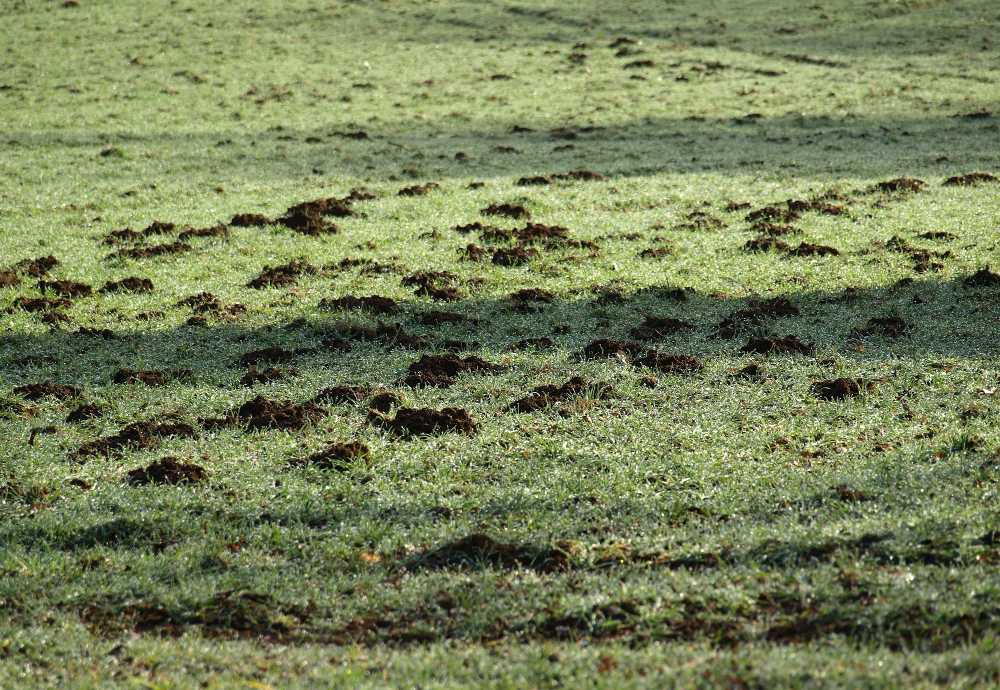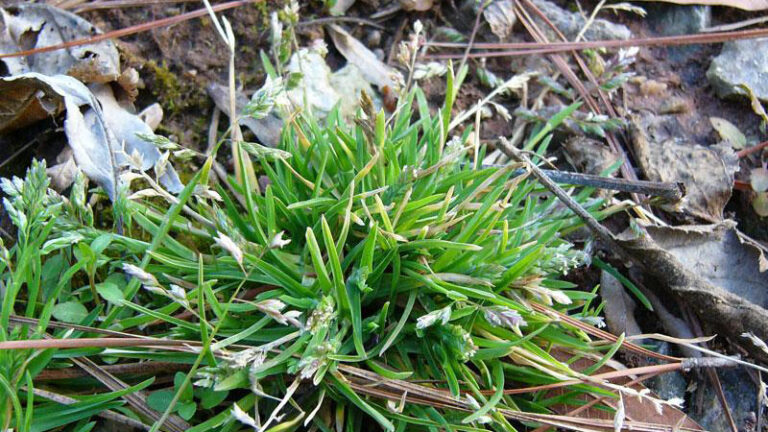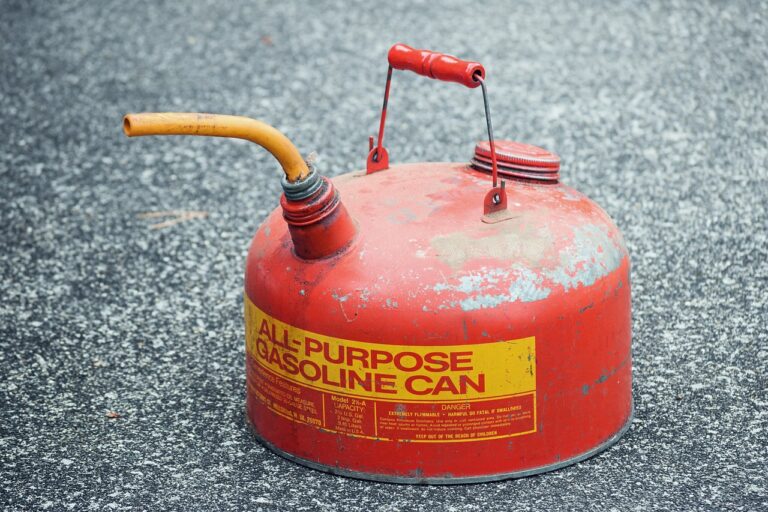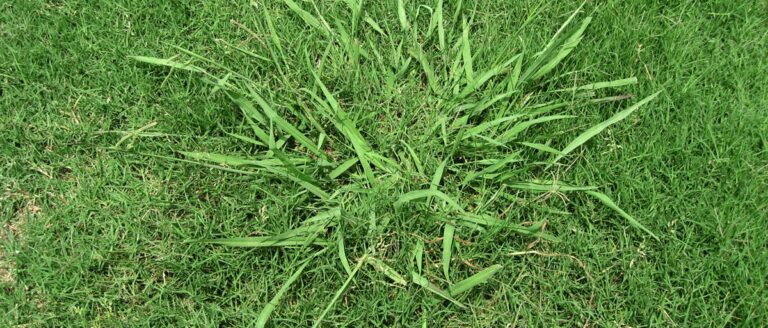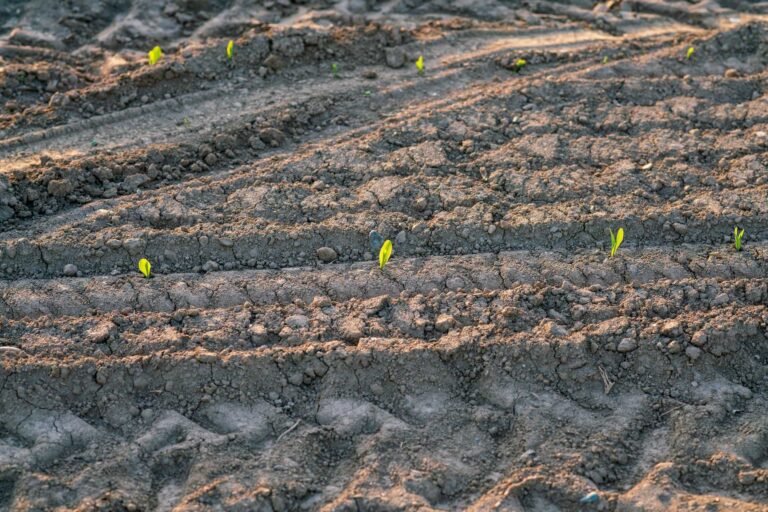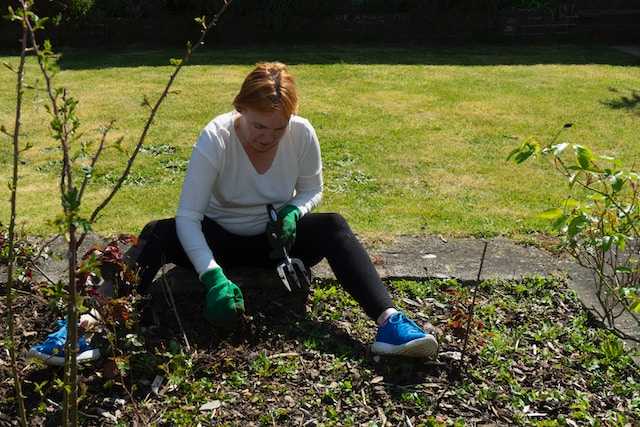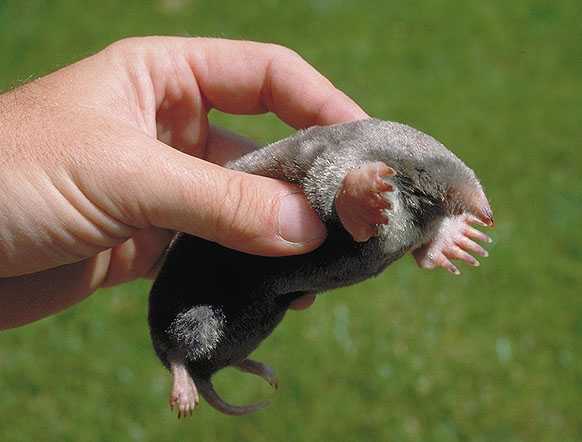7 Ways on How to Get Rid of Ant Hills Without Killing Grass
Dealing with an ant problem in your home is certainly frustrating. Like other garden intruders, eliminating ants requires patience and persistence. For starters, solving an ant problem permanently requires that you address the underlying issues that attract ants to your home, such as structural problems and poor sanitation.
Ants are generally social insects. This means when a group finds their way into your garden, other troops will soon follow. According to the NFW, there are over 12,000 ant species around the world. While most species are harmless, you should know how to get rid of them from your home and lawn. Below are seven answers to homeowners wondering how to get rid of ant hills without killing grass.
1. Boiling Water
Using boiling water is an effective natural way of getting rid of ants and their colonies from your lawn. Boiling water burns and kills ants immediately on contact. It also destroys the nest of small colonies, forcing ants who survive to move out. Follow these steps to get rid of ants using boiling water:
- Identify the ant hills and mounds in your lawn
- Boil enough amount of water
- Gently pour the boiling water directly into the ant nest’s entrance. Ensure water goes directly into the hole. It shouldn’t soak the soil around it.
- Repeat this procedure if the colony remains active after some days.
Unlike pesticides, boiling water is a hit-or-miss ant killer. While it effectively kills small ant mounds, large colonies with multiple entrance points may survive. Unfortunately, you can’t tell from the surface if the boiling water killed the queen. Only time will tell if the colony is dead.
2. Soapy Water
Though surprising, you can effectively use dish soap and water to get rid of ants in your garden without harming your grass or plants. Soapy water destroys the ant’s protective wax coating and cell membrane, exposing them to dehydration. Adding oil to soapy water clogs the spiracles, which they need for breathing, suffocating them.
Follow these steps and guide on how to get rid of ant hills without killing grass:
Mix one tablespoon of liquid soap with water. You can add olive, canola, or vegetable oil to the mixture.
- Spray the mixture directly into the ants crawling outside the nest. This kills them instantly.
- Pour the remaining solution into the ant hills. This kills those remaining underground.
- Repeat pouring and spraying as needed.
The main downside of using this method is it doesn’t have lasting residual effects. It only kills ants that come into direct contact with the solution. Dish soap can also damage some plant species. Therefore, you should apply it carefully.
3. Diatomaceous Earth
Diatomaceous earth is an inexpensive, effective, and non-toxic method of destroying ants, slugs, ticks, fleas, and other crawling animals. As ants and other pests touch it, the powder sticks to their legs and feet and penetrates their exoskeleton. Diatomaceous earth consists of crushed fossils of algae and diatoms that are deadly to ants.
Here’s how Diatomaceous earth helps and guidelines on how to get rid of ant hills without killing grass using DE.
- Look for food-grade diatomaceous earth from local garden supply stores. Don’t use industrial-grade DE.
- Sprinkle the DE powder along ant trails and ant hills.
- Sprinkle more powder around your driveways, patio, and other high-traffic areas in your garden.
- Watch the treated areas after 24 to 48 hours. Surviving ants mostly create an alternate route, necessitating follow-up treatment.
- Replace DE powder anytime it gets soaked.
While DE is very effective, its effectiveness declines anytime it gets wet. Therefore, you should reapply if it rains.
4. Boric Acid
Boric acid is a processed version of borax, which is a mixture of oxygen, sodium, and boron. Both borax and boric acid contain the necessary ingredients to kill ants. These compounds kill ants by disrupting their digestive systems.
Follow these steps:
- Mix boric acid or borax with sugar, syrup, or liquid food to create an ant bait.
- Place several baits in various areas and trails used by ants in your garden. You should also place them in locations next to anthills or near their food source.
- Ants will swarm the bait and carry the food into their nest, where more ants will eat.
Unlike other methods, both boric acid and borax are harmful to pets and humans if inhaled. They can cause irritation to the skin and eyes, which means you should wear safety goggles and gloves when handling the baits. Direct contact can also damage plants.
5. Artificial Sweeteners
Artificial sweeteners, especially Nutrasweet and Splenda, contain aspartame, which damages the ant’s neurons. They effectively kill ants by destroying their brain cells. Here’s what you should do:
- Mix artificial sweeteners with a tablespoon of apple juice or any liquid that attracts ants.
- Position the mixture in a place where ants will find it. This could be next to an anthill, or anywhere ants congregate. Place the mixture in multiple locations for best results.
- Leave the bait and watch the ants die.
Artificial sweeteners are easily available and harmless to humans and pets. They also don’t have any significant downsides.
6. Baking Soda
You can also effectively get rid of ants in your garden using baking soda. Baking soda works by suffocating ants. It does so by clogging spiracles, which are vital breathing pores in the ant’s exoskeleton. Ingested baking soda also creates chemical reactions that kill the ants.
Follow these steps:
- Sprinkle baking soda inside and around the anthill or nest. You should also sprinkle along the trails and other surfaces with ants.
- Ensure that you create a barrier around your outdoor living spaces and entry points to your home or food sources. Ants that cross this barrier looking for food due soon after.
- For widespread effectiveness, mix baking soda and sugar in equal parts to create a bait. Ants are attracted to sugar. They will eat and carry back to the nest for others to eat, killing a multitude.
Unfortunately, like DE, you should reapply baking soda after watering your lawn or if it rains. Baking soda can also dry out your lawn grass.
7. Ant Baits
Ant baits are an extreme way of dealing with ants in your garden. Ant baits are increasingly becoming popular because they are affordable, easy to use, and very effective. As the name suggests, this method involves using items that resemble ant food. Ant baits resemble tiny food particles that ants like eating.
You should only sprinkle these particles around their trails, anthills, and where they congregate. Worker ants will eat and take back the baits into the nest to feed the queen. Ant baits contain various pesticides that kill the entire colony without harming your garden plants. However, you should use them cautiously as some ant baits contain pesticides that can harm pets and children.
The Bottom Line
You can effectively exterminate ants from your garden using various methods that won’t harm your grass or plants. Similarly, you should implement various preventive measures to prevent ants from swarming your lawn. Taking care of your lawn, removing plant litter, and relocating compost bins helps keep ants away.
